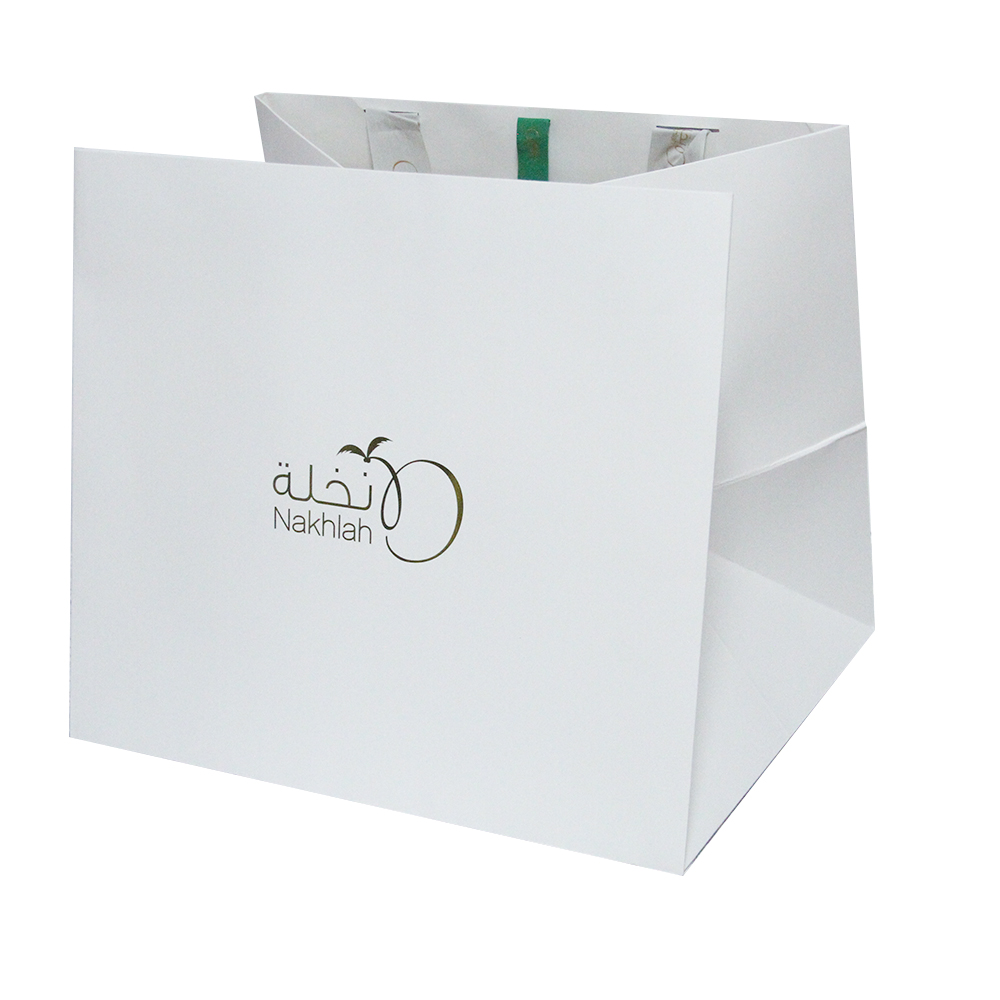Smithers: This is where the digital print market is going to grow in the next decade
Inkjet and electro-photographic (toner) systems will continue to redefine the publishing, commercial, advertising, packaging and label printing markets through 2032. The Covid-19 pandemic has highlighted the versatility of digital printing to multiple market segments, allowing the market to continue to grow. The market will be worth $136.7 billion by 2022, according to exclusive data from Smithers’ research, “The Future of Digital Printing to 2032.” The demand for these technologies will remain strong through 2027, with their value growing at a compound annual growth rate (CAGR) of 5.7% and 5.0% in 2027-2032; By 2032, it will be worth $230.5 billion.
Meanwhile, additional revenue will come from sales of ink and toner, sales of new equipment and after-sales support services. That adds up to $30.7 billion in 2022, rising to $46.1 billion by 2032. Digital printing will increase from 1.66 trillion A4 prints (2022) to 2.91 trillion A4 prints (2032) over the same period, representing a compound annual growth rate of 4.7%. Mailer box
As analogue printing continues to face some fundamental challenges, the post-COVID-19 environment will actively support digital printing as run lengths shorten further, print ordering moves online, and customisation and personalisation become more common.
At the same time, digital printing equipment manufacturers will benefit from research and development to improve the printing quality and versatility of their machines. Over the next decade, Smithers predicts: Jewelry box
* The digital cut paper and web press market will flourish by adding more online finishing and higher throughput machines – eventually capable of printing more than 20 million A4 prints per month;
* Color gamut will be increased, and the fifth or sixth color station will offer printing finishing options, such as metallic printing or point varnish, as standard; paper bag
* The resolution of inkjet printers will be greatly improved, with 3,000 dpi, 300 m/min print heads on the market by 2032;
* From the point of view of sustainable development, aqueous solution will gradually replace solvent-based ink; Costs will fall as pigment-based formulations replace dye-based inks for graphics and packaging; Wig box
* The industry will also benefit from the wider availability of paper and board substrates optimised for digital production, with new inks and surface coatings that will allow inkjet printing to match the quality of offset printing at a small premium.
These innovations will help inkjet printers further displace toner as the digital platform of choice. Toner presses will be more restricted in their core areas of commercial print, advertising, labels and photo albums, while there will also be some growth in high-end folding cartons and flexible packaging. Candle box
The most profitable digital printing markets will be packaging, commercial printing and book printing. In the case of the digital proliferation of packaging, the sale of corrugated and folded cartons with specialized presses will see greater use of narrow-web presses for flexible packaging. This will be the fastest growing segment of all, quadrupling from 2022 to 2032. There will be a slowdown in the growth of the label industry, which has been a pioneer in digital use and has therefore reached a degree of maturity.
In the commercial sector, the market will benefit from the advent of the single-sheet printing press. Sheet-fed presses are now commonly used with offset lithography presses or small digital presses, and digital finishing systems add value. candle jar
In book printing, integration with online ordering and the ability to produce orders in a shorter time frame will make it the second fastest growing application through 2032. Inkjet printers will become increasingly dominant in this field because of their superior economics, when single-pass web machines are connected to suitable finishing lines, allowing color output to be printed on a variety of standard book substrates, providing superior results and faster speeds over standard offset presses. As single-sheet inkjet printing becomes more widely used for book covers and covers, there will be new revenue. Eyelash box
Not all areas of digital printing will grow, with electrophotographic printing the worst affected. This has nothing to do with any obvious problems with the technology itself, but rather with the overall decline in the use of transactional mail and print advertising, as well as the slow growth of newspapers, photo albums and security apps over the next decade.
Post time: Dec-27-2022







